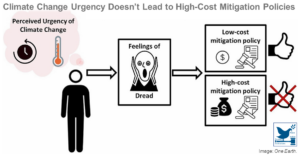
Fighting Climate Change: Cheaper than ‘Business as Usual’ and Better for the Economy
The oft-repeated and rarely challenged view that energy solutions to address climate change are expensive and uneconomical has long thwarted public support for even the most sensible measures – despite the evidence that the damage caused by climate change is far more costly. Those who oppose climate action point to th ...
Posted on 19/11/24
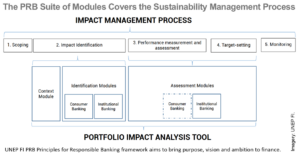
UNEP FI Online Tools for Finance Sector Sustainability
To fulfill its mission, the United Nations Environment Programme - Finance Initiative (UNEP FI) provides products and services, practical guidance and tools directly aimed at facilitating the implementation of sustainable finance policies and practices in the global financial sector. The UNEP FI Impact Analysis Tools h ...
Posted on 15/11/24
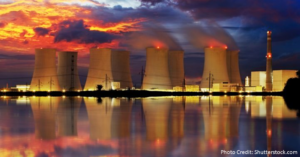
How Does Nuclear Energy Affect the Environment?
Nuclear energy is propagated by science, companies, and governments as a source of clean energy source, as opposed to CO₂-producing plants. However, the effects nuclear energy has on the environment pose serious threats that cannot be ignored or greenwashed. The principal environmental and safety concerns are CO₂ emi ...
Posted on 07/11/24
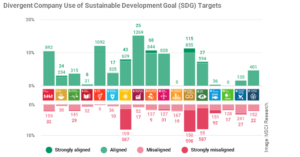
SDGs: Top Trumps of Sustainable Finance?
Private finance is essential for meeting the Sustainable Development Goals (SDGs). To mobilize the finance and harness capital flows for sustainable development and investing, the investment community must make sense of the SDGs. For this, a global benchmarking tool, SDG rating harmonization, a globally adopted taxon ...
Posted on 04/11/24
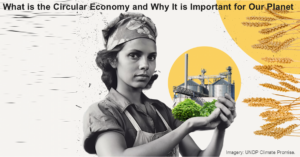
What is Circular Economy and Why does It Matter?
Our current economic system can be considered a “linear economy”, built on a model of extracting raw materials from nature, turning them into products, and then discarding them as waste. Currently, only 7.2% of used materials are cycled back into our economies after use. This has a significant burden on the environme ...
Posted on 23/10/24
Publishings2024-10-24T10:35:53+02:00

